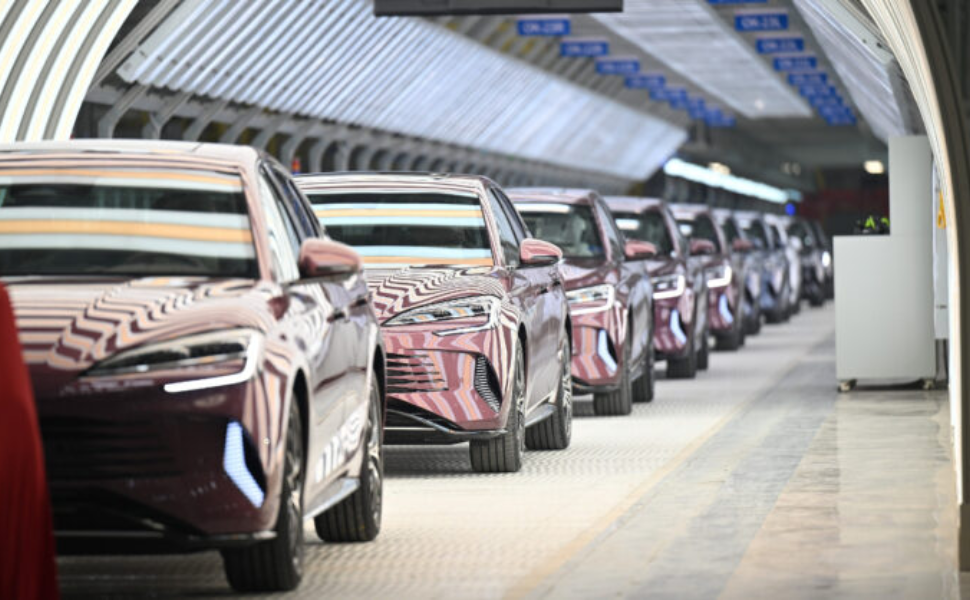The European Union (EU) is preparing for a critical vote that could impose substantial import tariffs on electric vehicles (EVs) from China, a move that has sparked intense debate among lawmakers and industry leaders. The proposed tariffs, which could rise as high as 45%, are designed to shield European automakers from what is seen as unfair competition stemming from Chinese state subsidies that give Chinese manufacturers an advantage.
The Stakes for European Carmakers
If the tariffs are enacted, they would remain in place for five years, potentially reshaping the EV landscape in Europe. While proponents argue the tariffs are necessary to protect European carmakers from being undercut by low-priced Chinese models, critics warn that the resulting higher prices for Chinese EVs could hurt European consumers who are already navigating the cost of transitioning to electric mobility.
This vote comes as tensions between Brussels and Beijing continue to escalate, with China condemning the proposed tariffs as a protectionist move. China’s automotive sector, driven by high-tech exports like electric cars, has seen rapid growth, and Europe has become a key market for these vehicles. Many Chinese brands, such as BYD, SAIC, and Geely, are looking to expand their presence in Europe, making this decision all the more significant.
Divided Opinions on Tariffs
The EU Commission has recommended tariffs based on its analysis of state aid received by Chinese car manufacturers. The European market has become increasingly competitive, with Chinese EVs offering lower prices compared to their European counterparts. However, the move is controversial within the EU itself. Countries like Germany, home to automakers such as Volkswagen, have expressed concerns that imposing tariffs could damage relations with China, which is a major market for European car exports. On the other hand, nations like France, Italy, and Poland are likely to back the proposal, viewing it as a way to safeguard European jobs and industries.
Germany, in particular, faces a delicate balancing act. Its automotive sector relies heavily on exports to China, and German manufacturers are wary of any actions that could hurt their business in the Asian market. Volkswagen has already voiced opposition, describing the tariffs as the “wrong approach.”
Mixed Reactions and Market Impact
The timing of the vote is critical, as EU registrations of battery-electric vehicles (BEVs) plummeted by 43.9% in August 2024 compared to the previous year. In contrast, the UK has seen a surge in demand for EVs, spurred by commercial deals and manufacturer discounts. Despite the challenges, SAIC, the Chinese automaker behind the MG brand, has stated that it will keep EV prices unchanged, regardless of the vote’s outcome, signaling confidence in its ability to weather the storm.
The EU’s decision could have far-reaching consequences not just for the automotive industry but also for broader trade relations between Europe and China. A qualified majority of 15 EU member states must oppose the tariffs for them to be blocked, adding an element of uncertainty as negotiations continue. The final decision will likely shape the future of the electric vehicle market in Europe and influence the broader geopolitical landscape.
Conclusion
As the EU prepares to cast its vote, the debate surrounding tariffs on Chinese EVs is more than just an economic issue; it’s also a political one. With the automotive industry at a crossroads, the outcome of this vote will impact European consumers, businesses, and relations with China for years to come.
BBC News, Reuters, Al Jazeera, CNBC, Euronews




